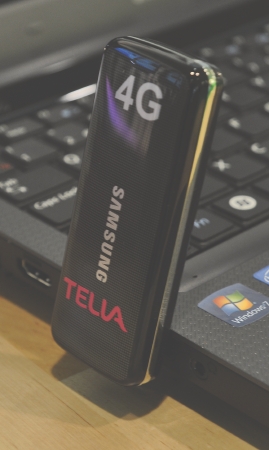What’s the difference between 3G and 4G?
Asked by Darren Pearlman

Image credit: Game Gavel
3G stands for ‘third-generation mobile telecommunications’. It is a way of classifying mobile phone connections, which is decided by an international telecommunications committee (ITU-R). 3G was an improved network that allowed faster and more secure transfer of data, making it easier to use your mobile phone to access the internet. 4G is the fourth generation of connection technology, and has higher standards, such as peak download speeds of 100 megabytes per second while the user is moving, eg in a car, and 1 gigabyte per second while stationary.
Although some mobile providers have claimed that they offer 4G networks, they use current technologies, and do not meet the ITU-R’s set of 4G standards. Because of this, people argue that they can more accurately be called 3.9G networks. While 3G networks are in widespread use, 4G are not currently widely available.
Kate Mulcahy, Science Museum





